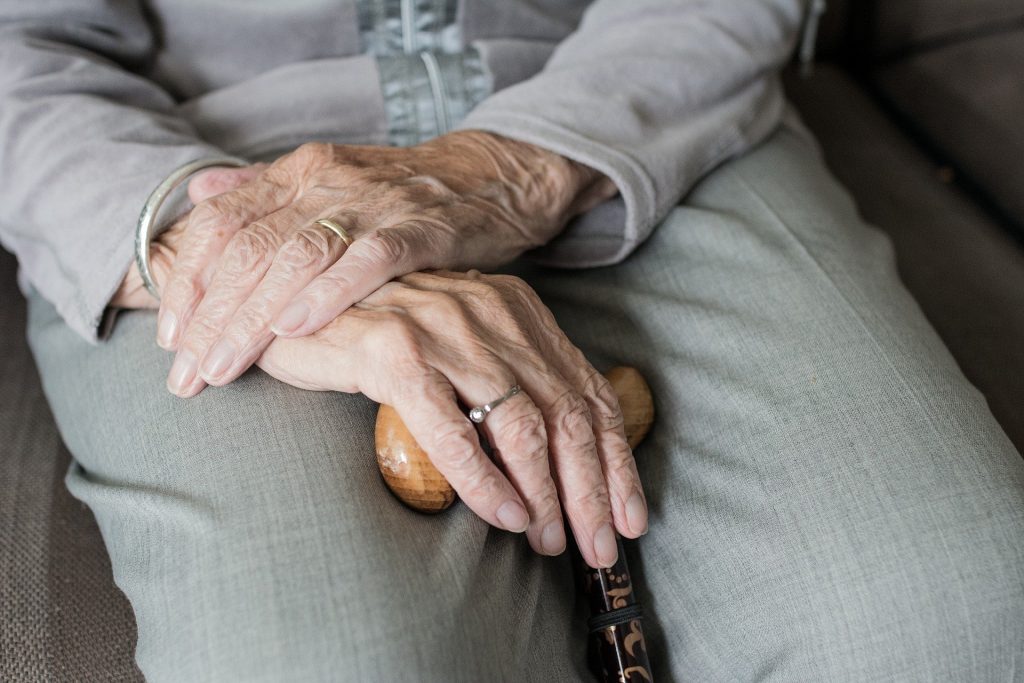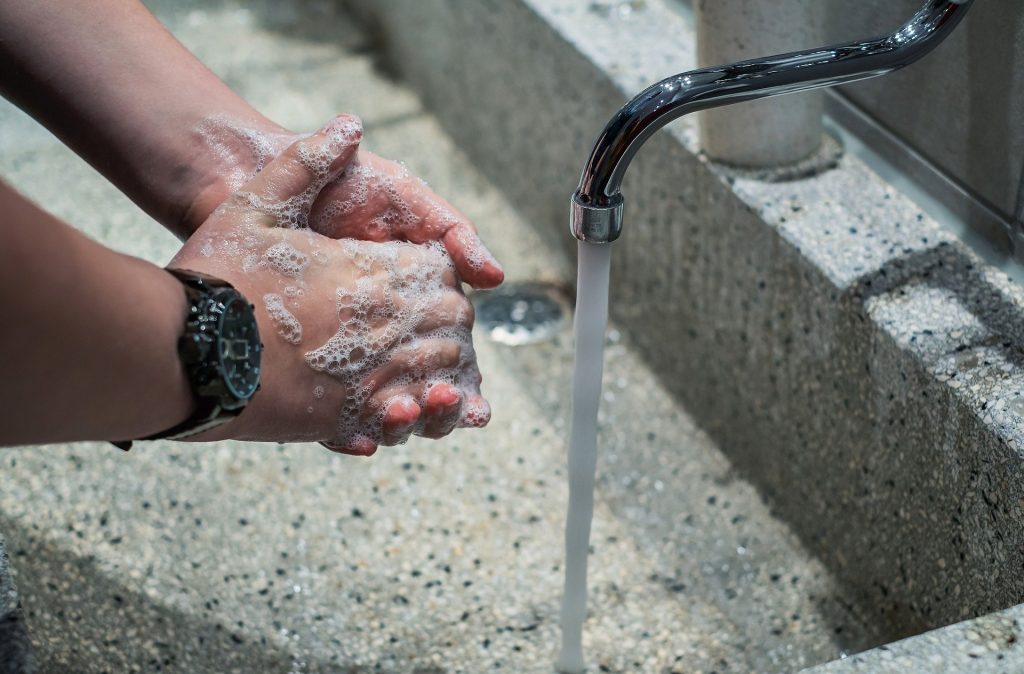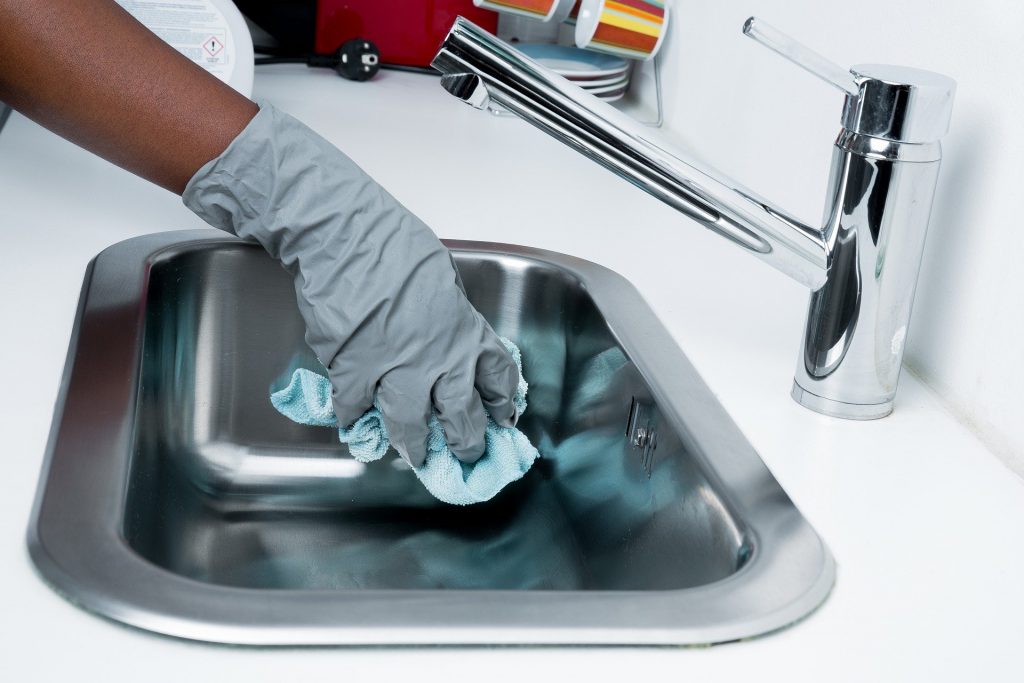Front line worker: What should you do if you have someone else living with you?
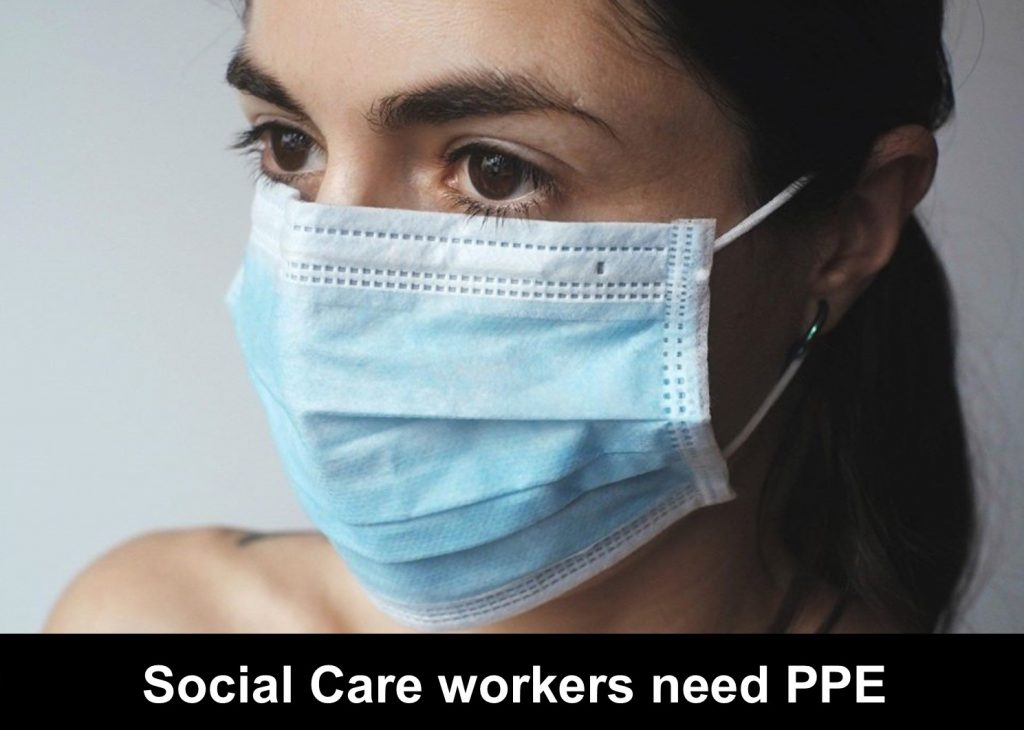
Below is the latest government advice for those workers who live with someone who is defined as at risk from the Coronavirus.
“Guidance on shielding and protecting people defined on medical grounds as extremely vulnerable from COVID-19”
Updated 30 March 2020
Background and scope of guidance
This guidance is for people, including children, who are at very high risk of severe illness from coronavirus (COVID-19) because of an underlying health condition, and for their family, friends and carers. It is intended for use in situations where the extremely vulnerable person is living in their own home, with or without additional support. This includes the extremely clinically vulnerable people living in long-term care facilities, either for the elderly or persons with special needs.
Shielding is a measure to protect people who are clinically extremely vulnerable by minimising all interaction between those who are extremely vulnerable and others. We are strongly advising people with serious underlying health conditions (listed below), which put them at very high risk of severe illness from coronavirus (COVID-19), to rigorously follow shielding measures in order to keep themselves safe.
- Minimise as much as possible the time other family members spend in shared spaces such as kitchens, bathrooms and sitting areas, and keep shared spaces well ventilated.
- Aim to keep 2 metres (3 steps) away from people you live with and encourage them to sleep in a different bed where possible. If you can, you should use a separate bathroom from the rest of the household. Make sure you use separate towels from the other people in your house, both for drying themselves after bathing or showering and for hand-hygiene purposes.
- If you do share a toilet and bathroom with others, it is important that they are cleaned after use every time (for example, wiping surfaces you have come into contact with). Another tip is to consider drawing up a rota for bathing, with you using the facilities first.
- If you share a kitchen with others, avoid using it while they are present. If you can, you should take your meals back to your room to eat. If you have one, use a dishwasher to clean and dry the family’s used crockery and cutlery. If this is not possible, wash them using your usual washing up liquid and warm water and dry them thoroughly. If you are using your own utensils, remember to use a separate tea towel for drying these.
- We understand that it will be difficult for some people to separate themselves from others at home. You should do your very best to follow this guidance and everyone in your household should regularly wash their hands, avoid touching their face, and clean frequently touched surfaces.
If the rest of your household stringently follow advice on social distancing and minimise the risk of spreading the virus within the home by following the advice above, there is no need for them to also shield alongside you.”
Read more advice here
Barnet UNISON statement:
If you have any questions or concerns email the branch at
contactus@barnetunison.org.uk
You can keep up to date with Barnet UNISON here on our
Website here https://www.barnetunison.me.uk/wp/


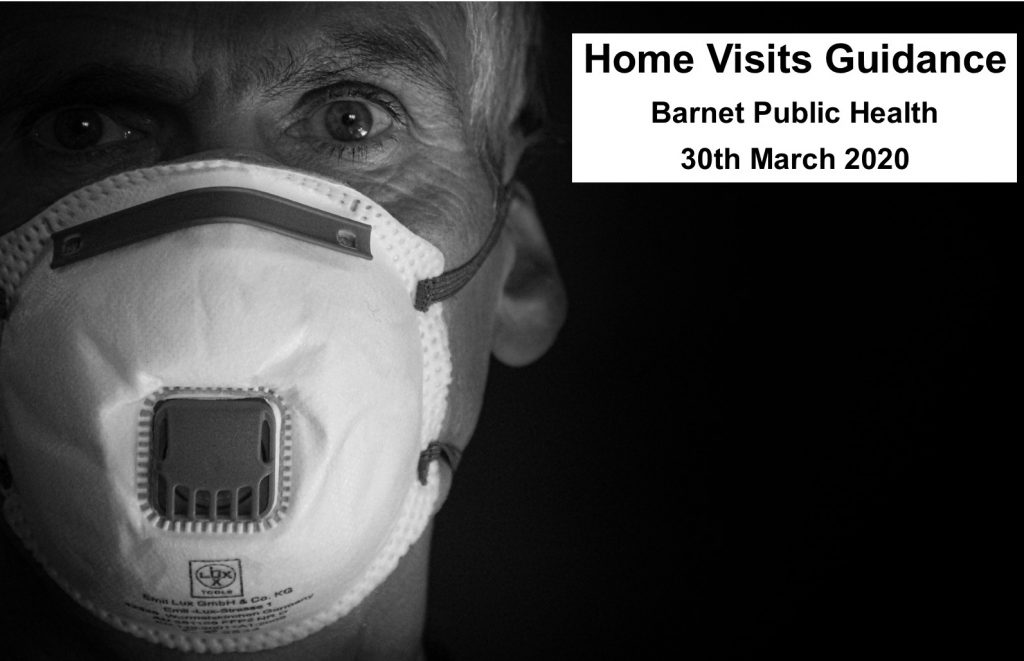
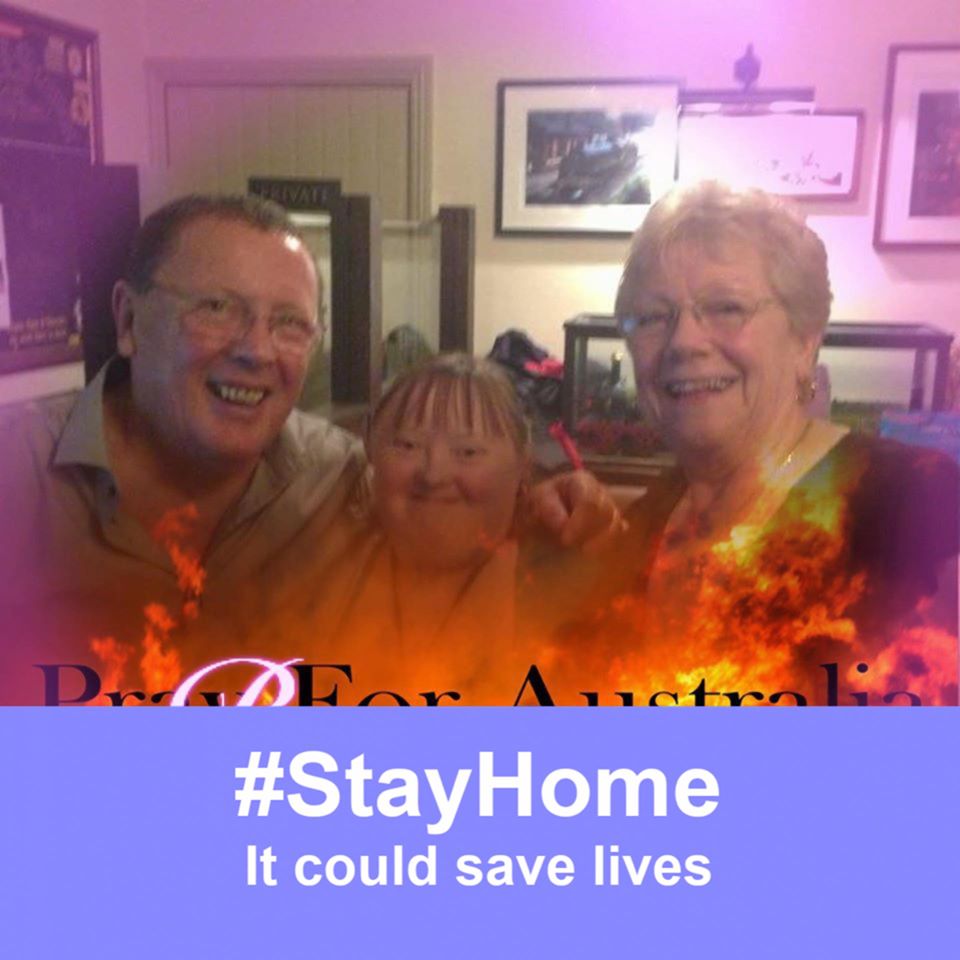

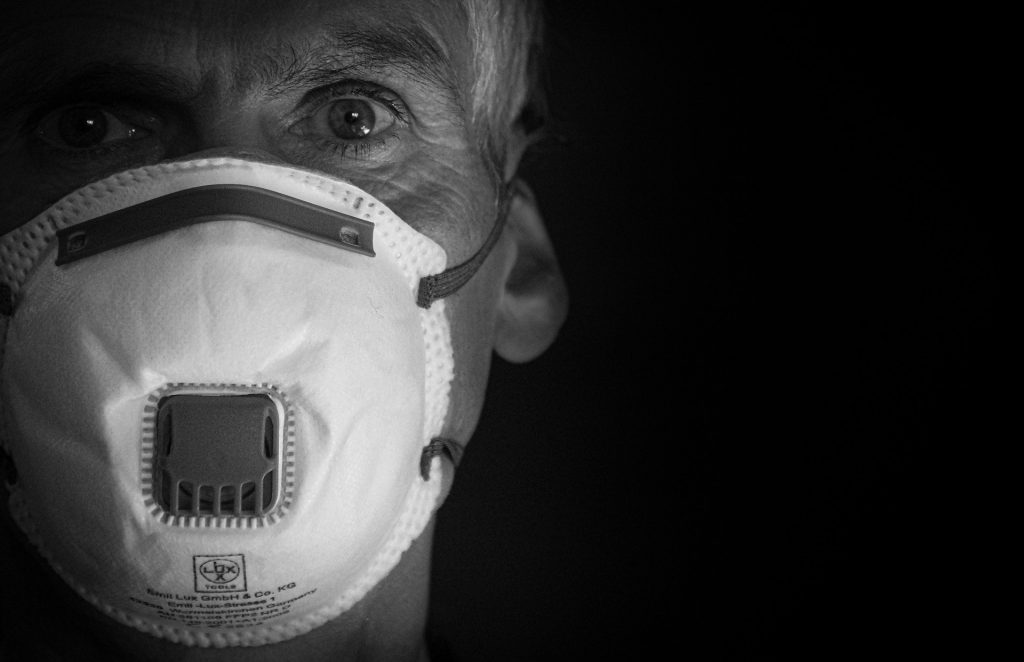
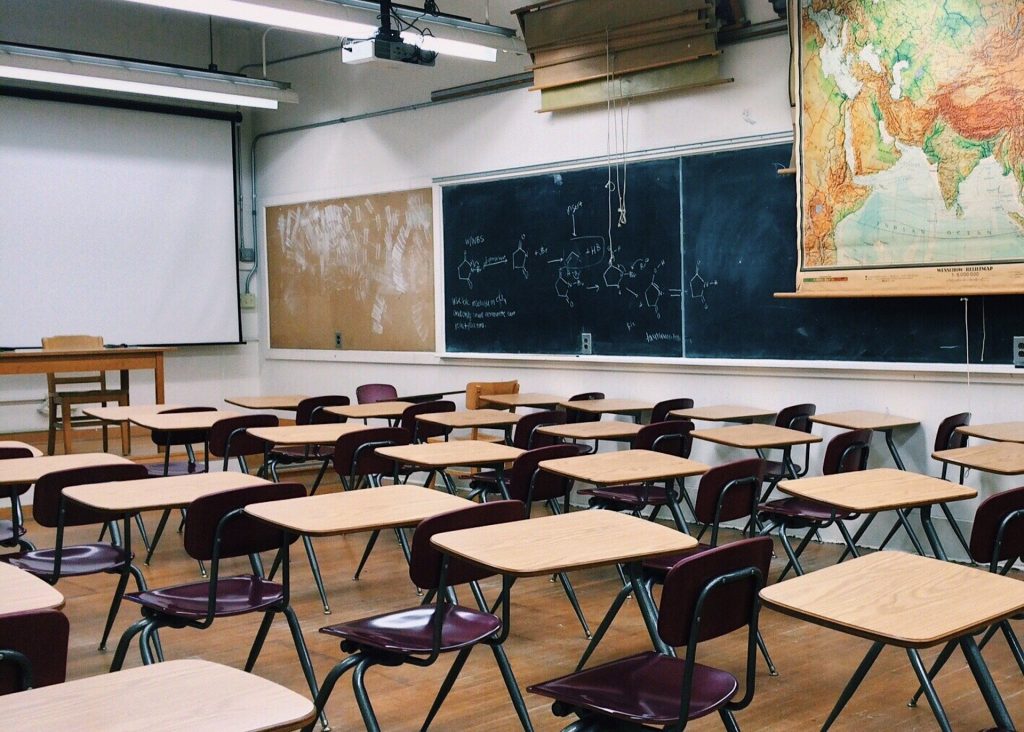 Frequently Asked Questions for Barnet educational settings that are continuing to be open for children of key workers – from Barnet Public Health Team 22 March 2020
Frequently Asked Questions for Barnet educational settings that are continuing to be open for children of key workers – from Barnet Public Health Team 22 March 2020